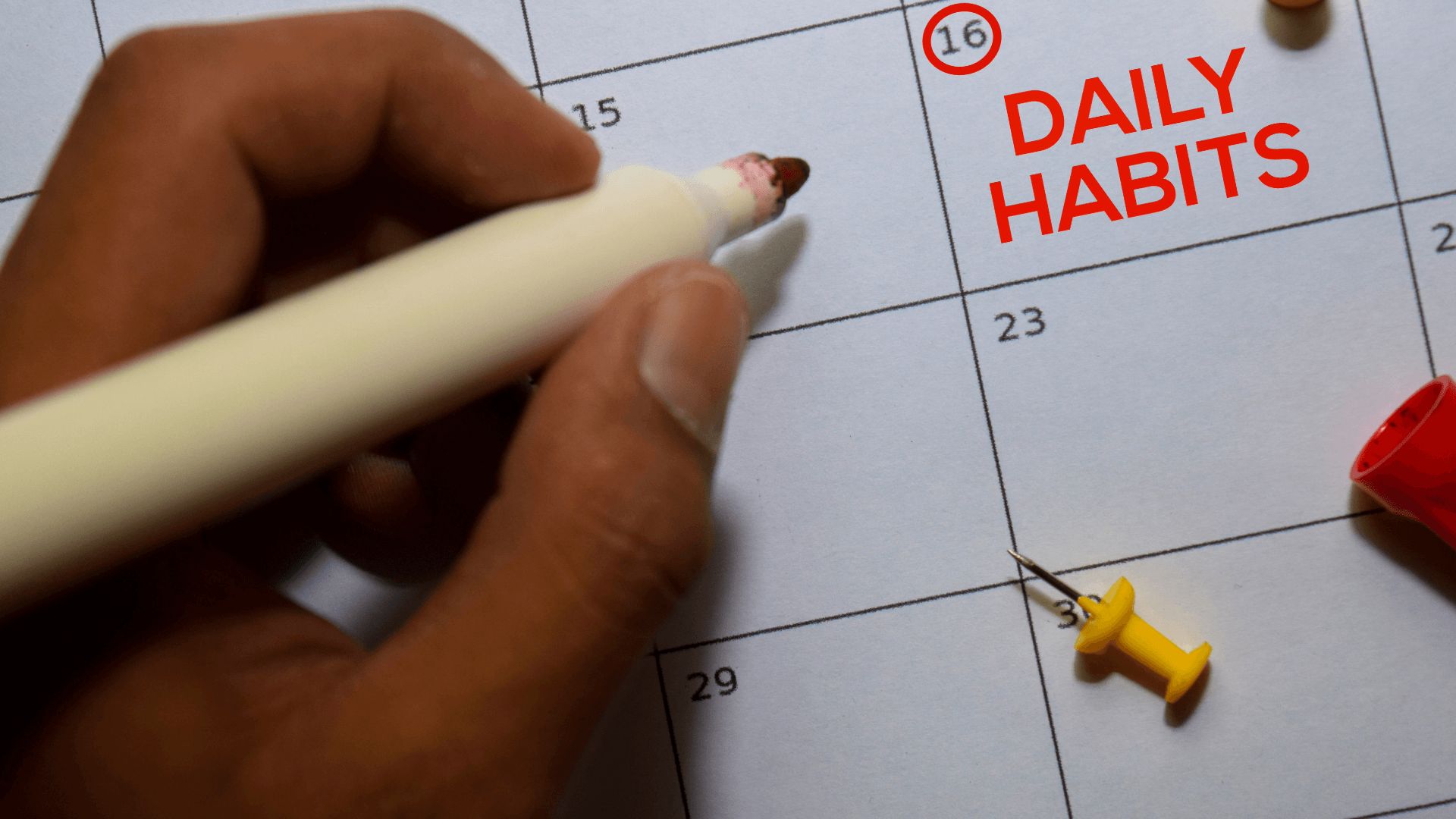You don’t need a perfect morning. You need a pattern that steadies you.
In recovery, most people get told to focus on big things:
“Fix your relationships.”
“Deal with your trauma.”
“Stay sober or else.”
But here’s what we’re rarely told:
You can’t take on the big stuff if your daily rhythm is chaos.
Regulation starts with routine.
Not a rigid schedule. Not a 5am miracle morning.
But a repeatable rhythm — small actions you return to that bring calm, control, and choice.
💥 Why Routine Works
When you’re dysregulated — overwhelmed, triggered, stuck in loops — it’s usually because life feels unpredictable.
A routine puts the power back in your hands.
It gives your nervous system something it can trust.
It says: “We’re safe. We know what’s next.”
That’s regulation.
And it builds long before any major milestone.
🔄 The Difference Between Ritual and Routine
Let’s clear this up:
- Routine = a repeated action
- Ritual = a repeated action with intention
You can chug coffee and scroll TikTok. That’s a routine.
Or you can drink water, stretch for two minutes, and check in with your breath.
That’s a ritual — a routine that regulates.
🧠 What a Regulating Routine Looks Like
Forget the influencer nonsense.
Here’s what actually matters:
✅ It’s repeatable
You don’t need a full hour. 5–10 minutes is enough.
✅ It activates safety
Think calm, not cortisol. You want to feel settled, not amped.
✅ It creates space
You’re giving yourself a pause before the world comes at you.
🌅 Morning Routine: Start From Steady
Goal: Shift from sleep → grounded alertness
Try this 5-minute formula:
- Hydrate – 1 glass of water
- Open up your body – 1 stretch or gentle movement
- Anchor your focus – 1 breath check or 1 positive intention
- Optional: sunlight, prayer, a walk, or music that grounds you
It’s not about productivity.
It’s about showing up in your own skin before the chaos hits.
🌙 Evening Routine: Decompress & Downshift
Goal: Shift from alert → rest mode
Keep it simple:
- Screens off (or down) – even 10 mins before bed
- Body signal – shower, brush teeth, light stretch
- Mind signal – gratitude list, journal entry, deep breath
- Optional: calming tea, sleep audio, or affirmations
This isn’t performance.
It’s permission — to slow down, to turn off, to release the day.
⚠️ If You Don’t Have a Routine, You’ll Default to Reactions
When you don’t have rhythm, you fall back on impulse.
You stay up too late.
You scroll, drink, use, rage, numb out — not because you’re weak, but because you haven’t built something steadier.
Routine doesn’t have to be perfect.
It just has to be yours.
💡 Start With These Prompts
- “What’s one thing I could do each morning to feel more in control?”
- “What helps me feel safe — not just busy?”
- “What small practice would help me close the day with peace?”
Then repeat it tomorrow.
And again.
And again.
That’s regulation. That’s recovery.
🛠 A Final Word From Mark
Your routine doesn’t need to look like anyone else’s.
It doesn’t have to be flashy or Insta-worthy.
It just has to bring you home to yourself — consistently.
This is how you move from surviving to building.
From burnout to balance.
From reaction to rhythm.
Because recovery is not a sprint.
It’s a steady return — to safety, to structure, to self.








